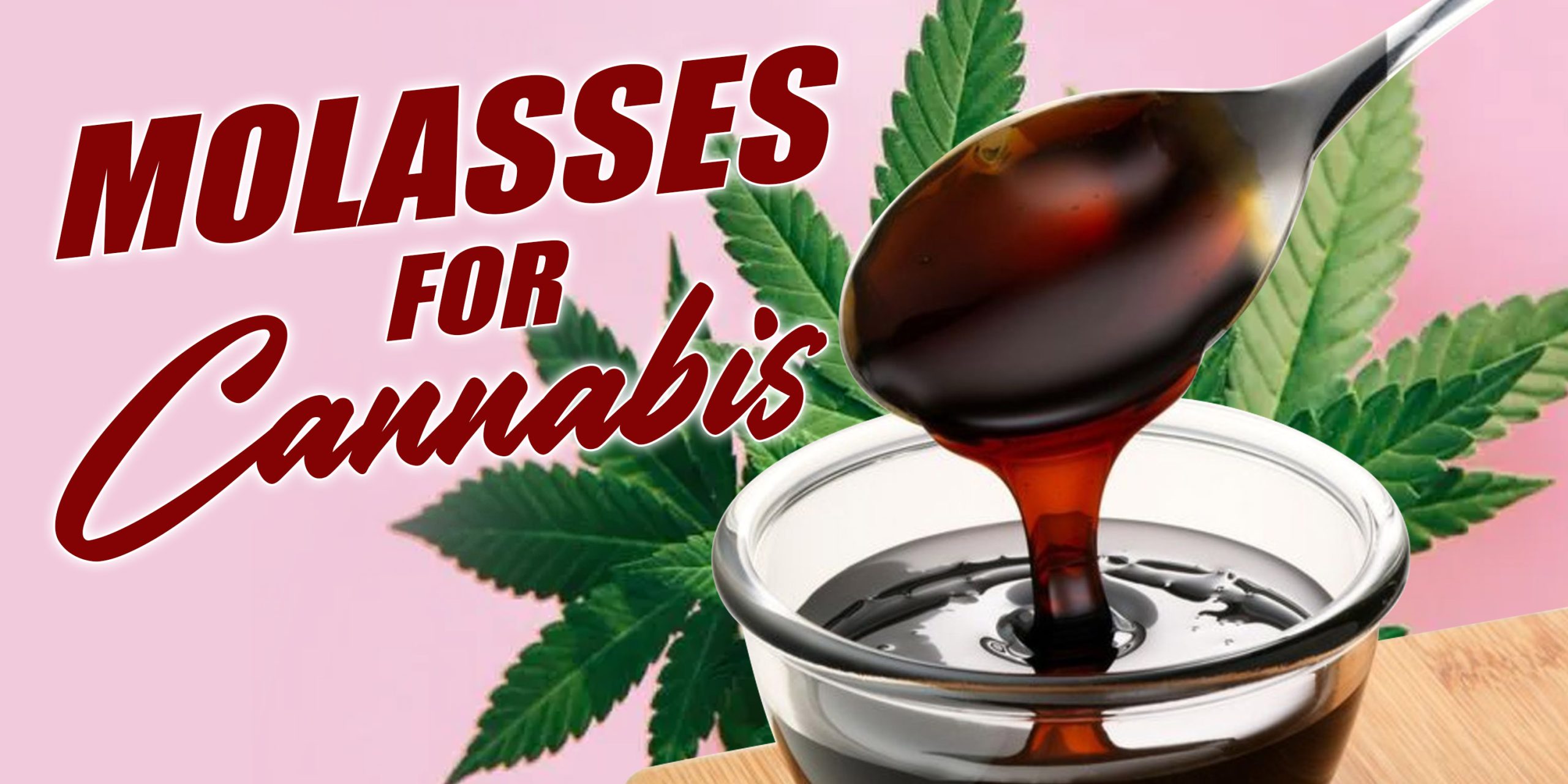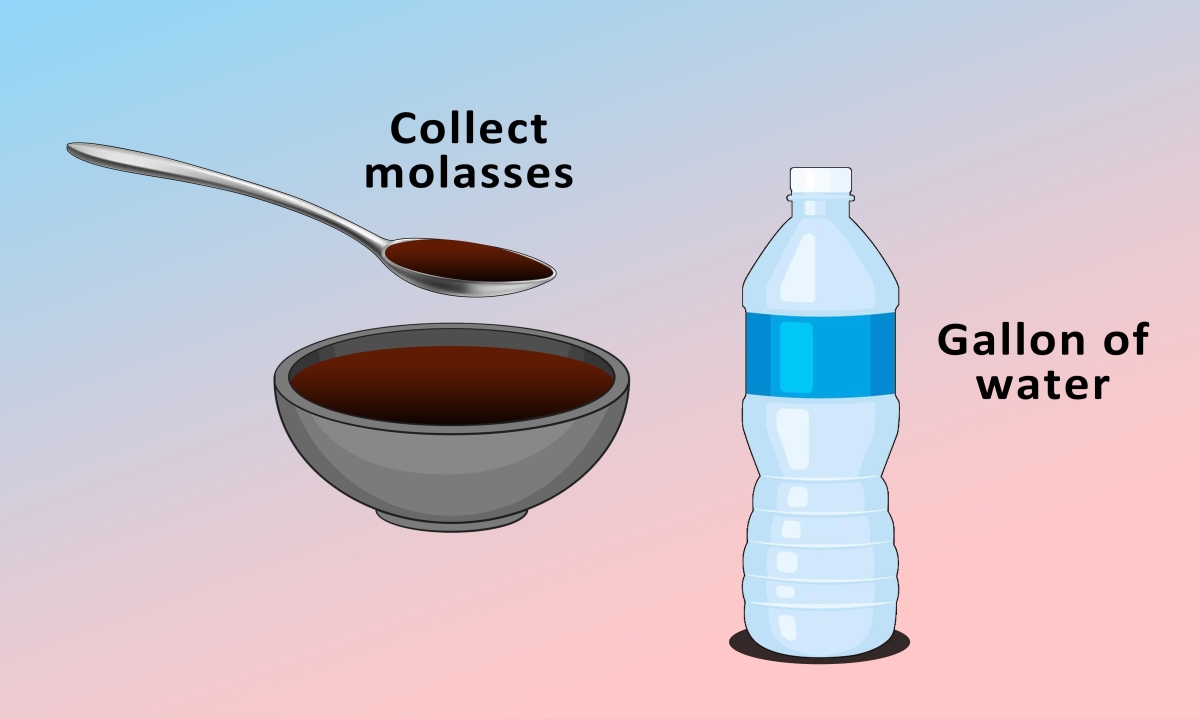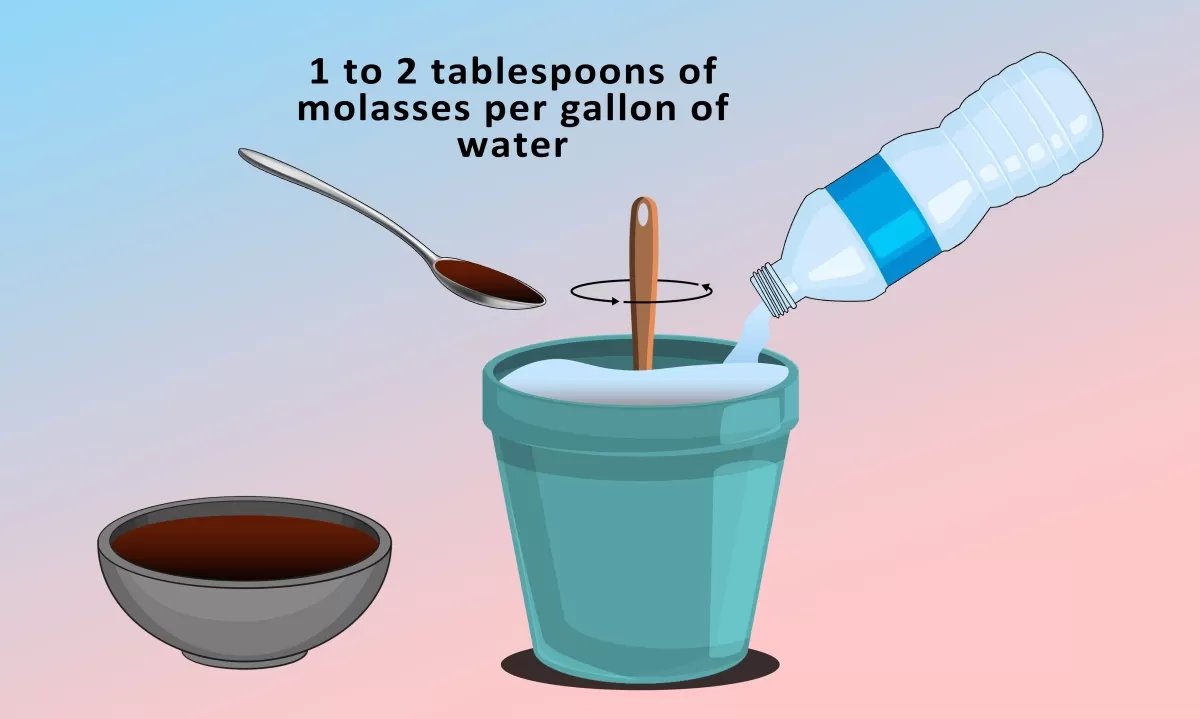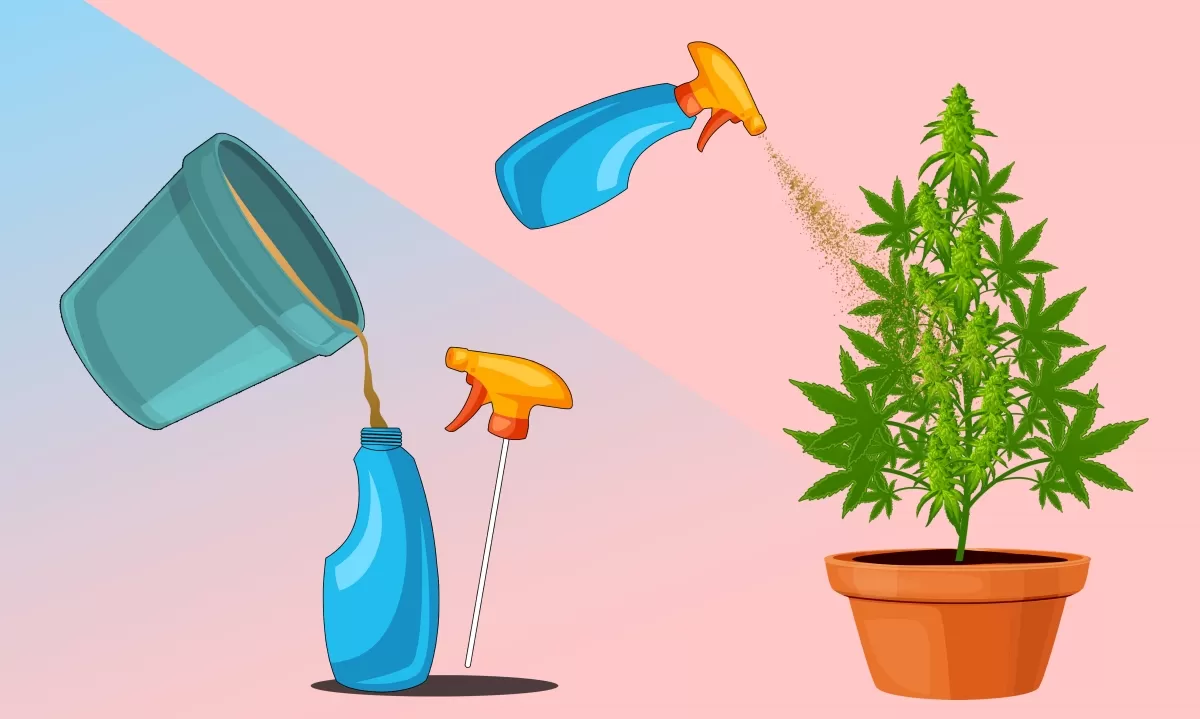Table of Contents
ToggleWhen growing pot seeds, utilizing molasses for cannabis fertilizer has emerged as a game-changer. This dense, dark, and nutrient-rich byproduct of sugar production has become a go-to for cannabis growers aiming to optimize plant health and yield. This comprehensive guide explores the significant advantages of integrating molasses for weed cultivation toolkit.
The Natural Advantage of Weed Molasses
In recent years, there has been a notable shift towards organic supplements that has revolutionized cannabis cultivation. Molasses, renowned for its rich nutrient profile and its capacity to support beneficial soil microorganisms, exemplifies the potential of natural supplements in improving plant health. By fostering a symbiotic relationship with the plant’s natural processes, molasses helps reduce dependence on harsh chemicals and synthetic fertilizers.
Molasses Types and Recommendations
Understanding molasses is important for achieving optimal cannabis growth. Light, dark, and blackstrap molasses each present distinct characteristics, with blackstrap standing out as the most concentrated and nutrient-rich form. In cannabis cultivation, it is advisable to choose unsulphured molasses to ensure the absence of harmful preservatives.
Sweet and Potent Source of Nutrition
Molasses stands out as a nutrient powerhouse crucial for the well-being of cannabis plants. Laden with potassium, calcium, magnesium, iron, and a range of trace minerals, molasses offers a comprehensive nutritional foundation. These elements play vital roles in essential plant functions like cell development, enzyme activity, and photosynthesis.
The Nutrients in Blackstrap Molasses
Blackstrap molasses, in particular, showcases a diverse nutrient profile. Carbohydrates, minerals, potassium, calcium, magnesium, iron, and vitamins such as B6 and niacin collectively contribute to robust plant development.
Using Molasses in Late Flowering
Strategically applying molasses during the late flowering stage proves to be a key practice. This crucial period enhances bud maturation, taste, and aroma development, ensuring that your cannabis plants reach their full potential.
Feeding Your Cannabis: Quantity, Frequency, and Application
A careful approach to feeding molasses is essential. A general guideline suggests using 1 to 3 tablespoons per gallon of water or fertilizer solution. Start with a lower amount, gradually increasing based on your plant’s response, with a focus on late flowering for optimal results.
How Often and When To Stop Using Molasses
Adapting to your plant’s needs, a recommended frequency of every 2-3 weeks during the vegetative stage and more frequent applications in the flowering stage aligns with optimal growth. Vigilant monitoring enables adjustments based on plant health.
Watering Solution or Foliar Spray?
While molasses can be incorporated into the watering solution or applied as a foliar spray, direct application to the soil ensures even nutrient distribution, supporting the soil’s microorganisms.
Bigger Buds and Increased Trichomes
Even though molasses helps keep plants healthy, it’s important to clarify that it doesn’t directly impact the size of buds or the production of trichomes. Genetics, light, nutrients, environmental conditions, and cultivation methods have a bigger influence on getting the most out of your crop.
Molasses Flush
Introducing the concept of a molasses flush adds a layer of sophistication to cannabis cultivation. This process, performed during the last two weeks before harvest, aids in removing excess nutrients and salts while enhancing the aroma and taste of the buds.
How to Perform a Molasses Flush and When to Do It
- Collect molasses and water. You’ll need 1 to 2 tablespoons of molasses for every gallon of water.
- In a container, combine the molasses and water. Use 1 to 2 tablespoons of molasses per gallon of water. Stir well to ensure even mixing.
- During the final weeks before harvest, when you’re ready to flush your cannabis plants, have the molasses solution ready.
- Water your plants with the molasses solution. Make sure to saturate the soil or growing medium thoroughly.
- This molasses flush not only improves the root environment but also supports more efficient nutrient uptake and enhances terpene production.
Conclusion
In summary, tapping into the potential of molasses for cannabis cultivation offers a range of advantages. Whether it’s supplying vital nutrients or enriching the aroma and taste of buds, molasses proves to be a valuable addition when applied thoughtfully. Through experimentation and vigilant monitoring, growers can attain optimal results, nurturing healthy and robust cannabis plants with the sweet embrace of this natural supplement.
FAQs
Q: Can I use any type of molasses for my cannabis plants?
A: It’s best to use unsulphured molasses for cannabis, as it’s made without harmful preservatives that may be detrimental to plants.
Q: How often should I apply molasses to my cannabis plants during the flowering stage?
A: For optimal results, apply molasses every 2-3 weeks during the vegetative stage and more frequently in the flowering stage, particularly during the late flowering phase.
Q: Will using molasses directly on leaves harm my plants?
A: While it offers quick nutrient absorption, using molasses as a foliar spray may leave sticky residue on plants. Direct application to the soil is preferred for even nutrient distribution.
Q: Can molasses increase the size of cannabis buds on its own?
A: No, molasses mainly supports overall plant health. To maximize bud size, consider factors like genetics, proper lighting, nutrients, and cultivation techniques.
Q: Is there a specific type of molasses flush recommended before harvest?
A: Yes, perform a blackstrap molasses flush by mixing 1 to 2 tablespoons per gallon of water during the last two weeks before harvest for enhanced aroma and taste.





















